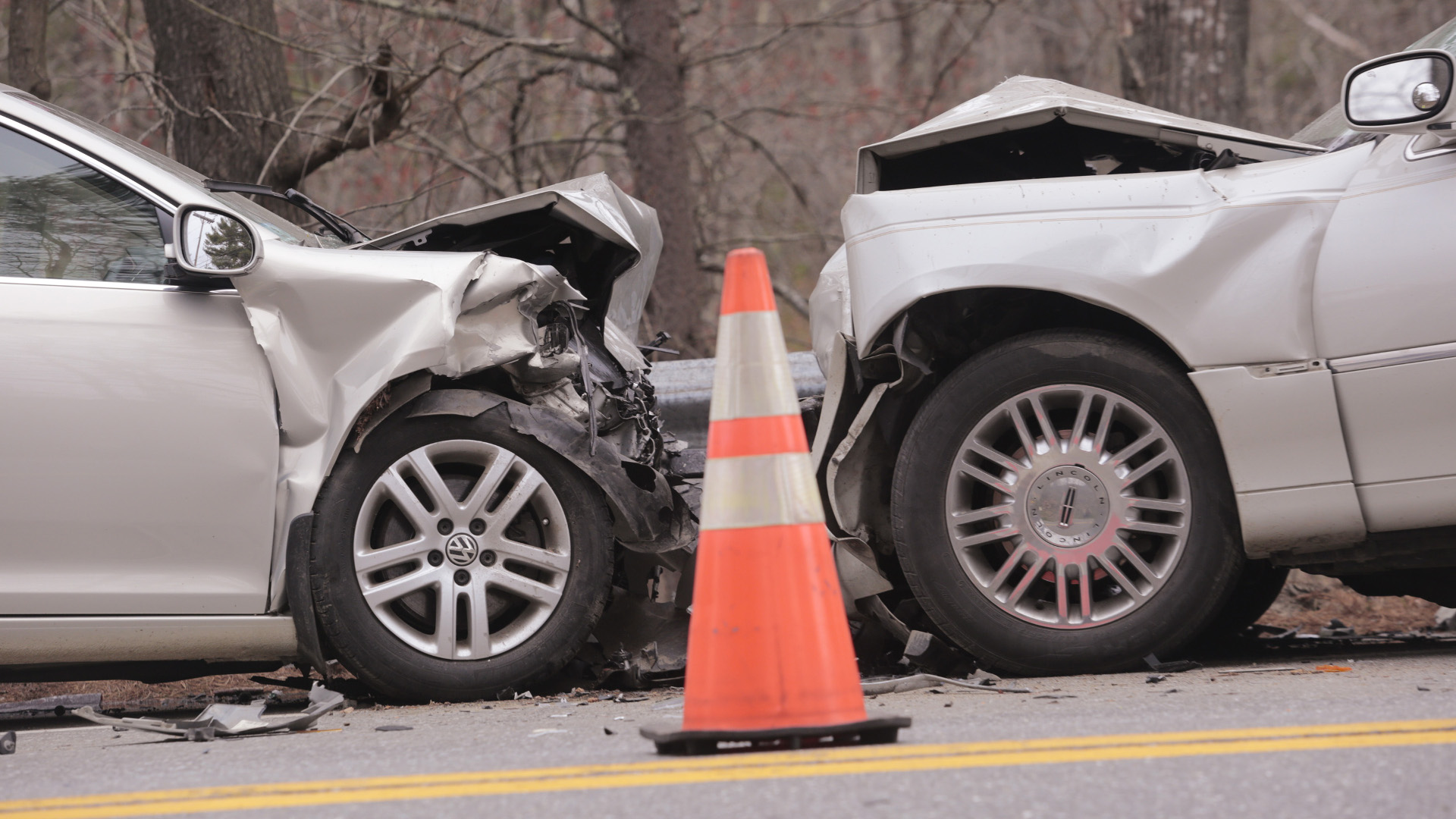

This country’s ongoing prescription opioid epidemic is arguably the largest public health crisis we’ve had to face since the first AIDS outbreak almost four decades ago, and while much of the focus has been on the tragic rise in overdose deaths, a new study from Columbia University points to a less-discussed effect: the “significant increase” in opioid-related fatal car accidents.
There has been a lot of talk about whether or not the legalization of marijuana leads to more impaired drivers (and therefore, car crashes), but this study highlighted by CBS News confirms what might be expected in a country where almost 100 million people took some form of prescription opioid medicine in 2015: more drivers killed in car crashes are testing positivefor narcotics than ever before.
Columbia University researchers studied two decades of traffic fatalities from California, Hawaii, Illinois, New Hampshire, Rhode Island and West Virginia (all states that drug test people who die in car accidents regardless of suspicion or fault), focusing specifically on people who died within one hour of a crash.
Of the 37,000 individuals studied, around 3 percent of people tested positive for prescription narcotics. 1,110 people over twenty years might not sound like a lot, but it’s the recent uptick that has researchers concerned: For men killed in these crashes, the number of those using opioids increased from just under 1 percent between 1995 and 1999 to around 5 percent from 2010 to 2015. For women, the rate increased from just over 1 percent to a staggering 7 percent in the same periods.
“The significant increase in proportion of drivers who test positive for prescription pain medications is an urgent public health concern,” lead researcher Stanford Chihuri said in a statement, according to CBS News.
There are a couple of caveats. For one, the study didn’t examine whether police ruled that the accident had been caused by a driver’s opioid use, just whether or not the drugs were present in their system. Additionally, the testing methods were not controlled between the different states, or from year-to-year within a given state.
prescription opioids can slow your reaction time, increase drowsiness, and impair both thinking and motor skills. But unlike alcohol, there’s no foolproof way to field test for narcotic intoxication yet, and proponents of the study argue that’s the only thing preventing the numbers from rising even more.
“I believe the conclusions of the study are correct. They are finding more opioids in dead drivers than they were 20 years ago,” Jim Hedlund, a spokesman for the Governors Highway Safety Association, told CBS News. “That goes along with the trend in society of more opioids being prescribed and more opioid deaths. It’s up to doctors and pharmacists to tell their patients that these drugs can impair driving and not to take them when they drive.”